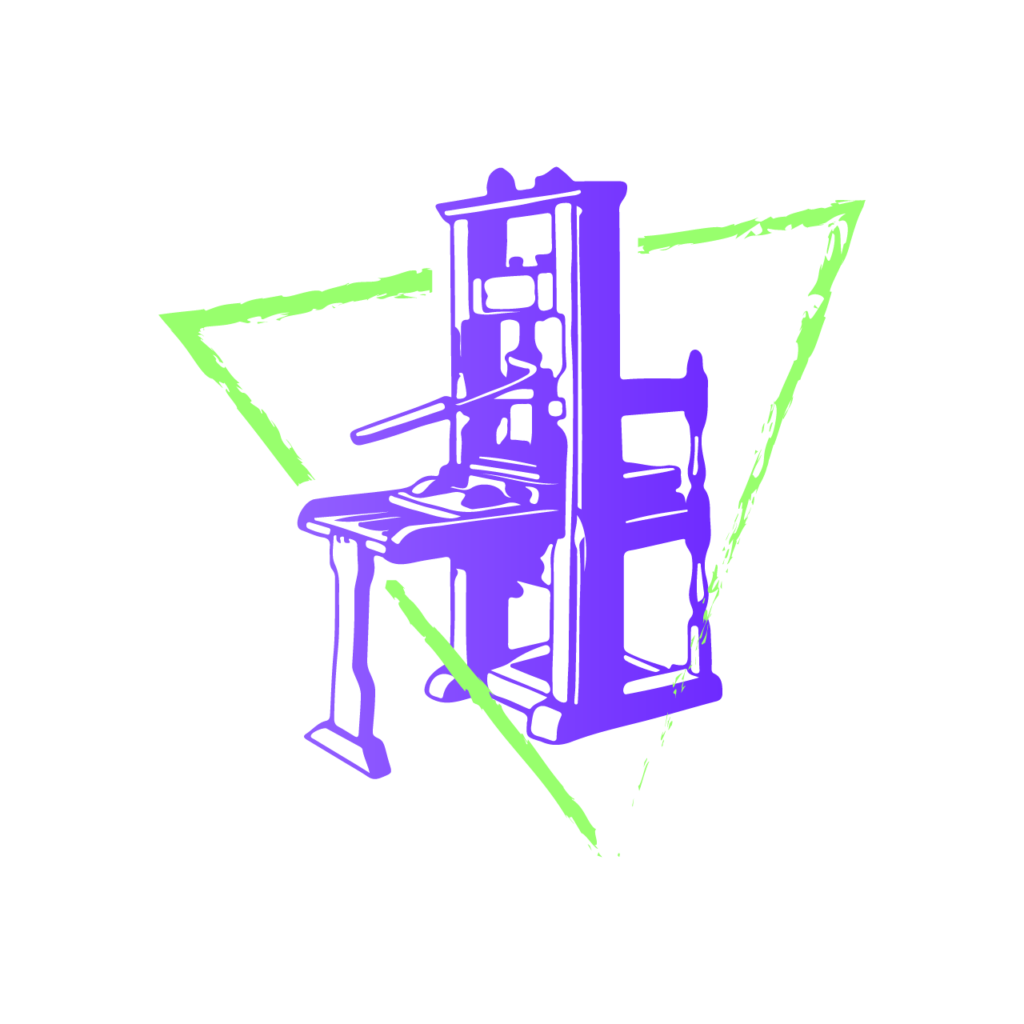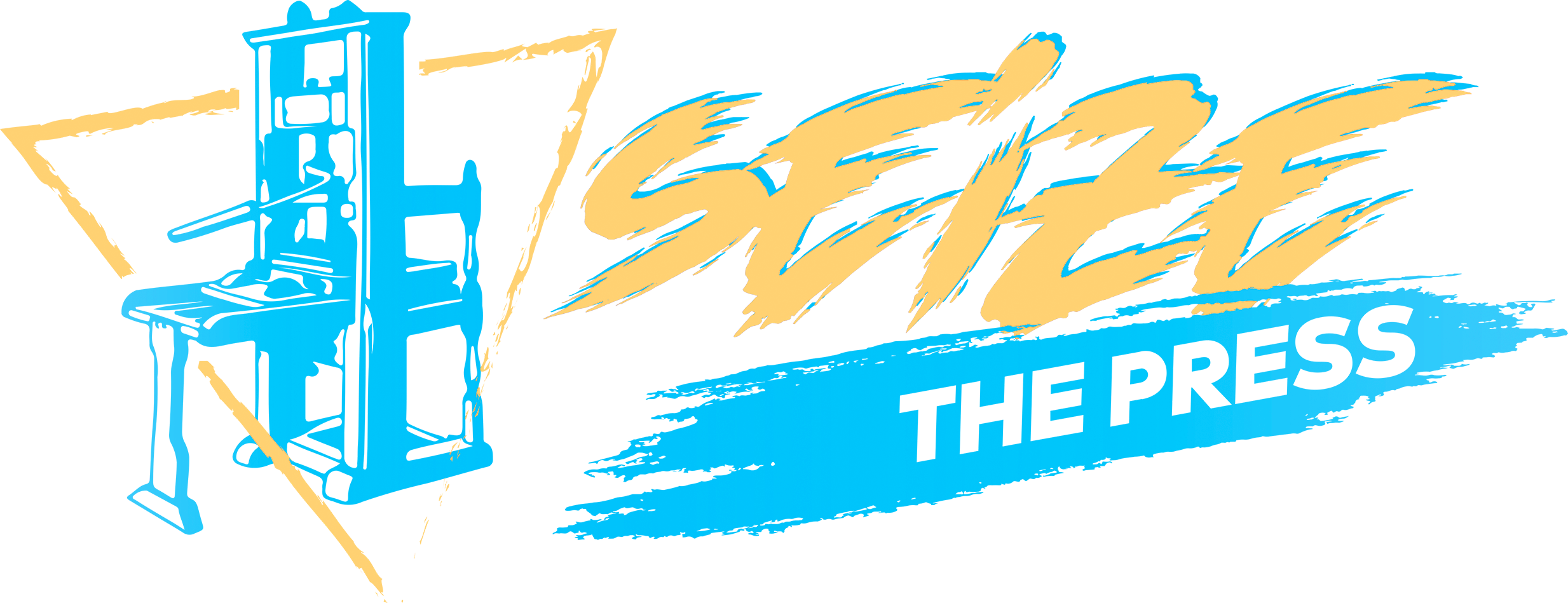In his seminal text Capitalist Realism, Mark Fisher illustrates the change from booming US post-war industrialism to the late twentieth century supply side economics through the evolving depiction of organized crime in film. He outlines the transition from tightly knit criminal families defined by culturally reinforced notions of duty and retribution, as seen in The Godfather, to atomized contractors with no attachments to a community or to each other in Michael Mann’s Heat. This serves as a parallel to capitalism’s transformation into a mercenary globalized force with no ties to a single culture or nation, nor to any other considerations beyond unfettered growth and consumption. In the time since Fisher expounded on these subjects, we’ve seen the jaws of late capitalism grow wide enough to keep consuming itself at the expense of its most fervent advocates, as seen with the recent collapse of the Silicon Valley Bank. Tatsuki Fujimoto’s hit manga Chainsaw Man depicts that widening maw as an environment of precarity. A world where if someone wants to get ahead, they are forced to pact with devils (themselves often abstract forces like Blood, or Guns, given material form).
If there was a succinct depiction of the insatiable maw of contemporary late capitalism I can think of no better example than Chainsaw Man, which throws the vicious and all-consuming nature of that system into stark relief informed from the perspective of a protagonist that exists on the margins of society, to be exploited until there’s nothing left to do but bite back.
Before his rebirth as Chainsaw Man, Denji is already distinct in his complacency, compared to traditional Shonen protagonists. Rather than exhibiting the standard mixture of alienation and ambition that propels the character to strive for the top of his respective profession or passion at all costs, Denji’s desire is for some perceived image of normalcy and the hallmarks that go along with it, such as dating and being able to afford an apartment. Unfortunately, given Denji’s circumstances, his dreams seem as untenable as becoming a Hokage (it’s easier to imagine one becoming a ninja overlord than a homeowner at times.) He starts out as an orphaned teenage subject of a sort-of-yakuza hyper austerity, where even his organs are a luxury he cannot afford to keep, given the exorbitant debt he has inherited from his deceased father at the hands of the Japanese mob. Despite his compliance with his criminal creditors at every turn, forgoing permanent shelter or even adequate sustenance, as his wages from killing Devils are disproportionately garnished, Denji’s reward for unflinching dog-like obedience is dismemberment at the hand of his creditors in order for them to accumulate more power through a contract with a Zombie Devil. Supernatural elements aside, this is a far cry from the climactic revenge against the enemies of the Corleone clan, or even the calculated liquidation of DeNiro’s unhinged co-criminals who pose a threat to the stability of his independent enterprise. Instead, we have a subject who bears every indignity thrown at him and is resented because of this complacency, as his ward cooly intones “you’re obedient like a dog…thing is I hate dogs,” before offering him up as a sacrifice to the Zombie Devil.
It’s not enough for one to be complacent, but a full-throated participant, constantly looking for new avenues of exploitation of those lower down the rung. The form this devil takes as a floating amorphous hunk of flesh and bone can serve as a literal representation of Fisher’s comparison of capital to John Carpenter’s Thing, as a “monstrous infinitely plastic entity, capable of metabolizing and absorbing anything with which it comes into contact.” We are offered the illogic of capitalist realism, where any opportunity for the further accumulation of wealth or power must be taken no matter how detrimental to those being exploited or the exploiter himself. Even the Zombie Devil blatantly mocks its contracted victims for making the pact to begin with, calling them ‘total suckers,’ coming off as less of a Miltonian satanic charisma as embodied by Makima, the personification of control, and more like a shithead cryptocurrency grifter barely able to hide their contempt for those buying into their obvious con. This sequence in the first chapter foreshadows the arc of the manga’s first volume as it betrays a recurring false dichotomy between total adherence with the dominant societal arrangement and death, as the former necessitates literal contracts with the devil(s) as characters continue to lose pieces of themselves both figuratively and literally until they are wholly spent, all the while never questioning the practicality of such an arrangement. They regard Denji’s ambivalence toward his mandatory employment as a Devil Hunter as a sign of an unseriousness and a shallowness that also affords opportunities for authentic connection within a social and temporal fragmentation indicative of late capitalism.
Initially, Denji’s characterization both as himself and Chainsaw Man fit into Marxist literary critic Fredric Jameson’s description of depthlessness in late capitalist art. He comes off as a shallow pastiche of previous Shonen manga, Bruce Campbell’s airhead Ashley Williams from the Evil Dead movies, mangaka Go Nagai’s work (especially Devilman), and the aesthetic sensibility of Tarantino’s entire oeuvre. The anime even leans into these influences as several of the episode openings pay homage to said films. After achieving his dream of eating bread with butter and fruit jam, all that’s left to motivate him is the prospect of physical contact with any woman that offers. His form as Chainsaw Man only serves to reinforce the misconception that he is nearly mindless as onlookers assume as much, given how the only humanizing feature of Chainsaw Man’s head is rows of razor-sharp teeth. However, it’s these traits that make him the ideal lapdog for the Public Safety Division. When being interviewed by a senior Devil Hunter, Denji is told his indifference toward the death of his coworkers makes him an ideal hunter. We’re reminded numerous times throughout the manga that the devil hunters who have a personal investment or otherwise hold onto some semblance of their humanity are ill equipped for the work. The words of warning offered by the members of the Public Safety Division echo the most famous line from Heat, when the leader of the crew Neil McCauley (played by DeNiro) offers, “Don’t let yourself get attached to anything you are not willing to walk out on in thirty seconds flat if you feel the heat around the corner.” Fairly quickly the Public Safety Division’s veneer of respectability falls away, and despite their crisp white button down shirts and immaculate slacks (much like McCauley’s crew), it serves to barely mask the naked violence at the core of the enterprise, as exemplified by the climactic shootout in Mann’s film and the brutal turf war between the Public Safety Division and assassins sent by other nation’s governments respectively. In spite of the alienating circumstances Denji finds himself in, his role as an outsider puts him outside a status quo threatened by the existence of Devils, and therefore makes him more willing to form connections with humans and Devils alike after coming to that horrible psychoanalytic revelation that the object of our desire is not in fact what we want, but rather the pursuit of that desire. This sends him down the dangerous and tragic path to self awareness through the eventual unearthing of repressed memories alongside the repressed or perhaps rebooted history of the world.
In Postmodernism: Or The Cultural Logic of Late Capitalism, Fredric Jameson outlines a theory of historical deafness as a defining symptom of late capitalism, where a fascination with the present supersedes any historical thinking. The world Chainsaw Man occupies becomes a more literal example of this phenomenon as it is revealed fairly far into the manga that the story occurs in the late nineties of that world. Oftentimes readers will forget that it doesn’t take place in our present except when a cell phone is treated as a novelty, or how they primarily consume media on video cassettes. This confusion is exacerbated by the themes of the work being decidedly informed by the issues of the twenty-first century. Makima’s near omniscience reminds us of the contemporary surveillance state and the nigh unstoppable Gun Devil, a manifestation of the omnipresent threat of gun violence in America as noted by Fujimoto. It also serves as a collective fear of global terrorism as reflected by the wall of text that appears in the manga, composed of the names of the multitude of victims of the Gun Devil’s attack, which echoes the often-repeated list of 9/11 victims. The most jarring revelation in this regard is when it’s revealed that Chainsaw Man has the capacity to consume other Devils and the very subject they personify, having wiped the memory of World War Two, nuclear weapons, and AIDS from humanity’s collective memory. With this revelation, we’re reminded somewhat of Jacques Lacan’s model of schizophrenia as a breakdown in the sign-signifier chain, as utilized by Jameson to illustrate the absence of historical thinking, which is replaced by “a series of pure and unrelated presents in time” that are marked by a cycle of confrontations between the voracious all annihilating force of Chainsaw Man and the all subsuming hyper predatory mode of control.
In the final confrontation of the first volume, Chainsaw Man is weakened when the fear that powers him is replaced by mainstream acceptance as facilitated by a media blitz and the unstoppable force of consumer culture. The Thing rears its head once again as we see here the capacity of capital to neuter and integrate any resistance into itself. It’s at this moment that Denji finally self actualizes, realizing that Makima’s obsessive fandom for Chainsaw Man as a property to be molded as she sees fit, does not factor him in at all, meaning he is invisible to her, and therefore able to defeat her.
Unfortunately, Denji defeating and consuming Makima doesn’t also end late capitalism in Fujimoto’s work, but the creator shows an empathy for the outsiders, no matter how vulgar and off putting and an uncompromising vision of the brutality of said system in equal parts. In one of Fujimoto’s author notes to his collection of one-shot mangas the creator makes note of the abysmal living conditions he was laboring under as a struggling mangaka, to the point that one could almost picture in their mind the corrugated metal shack Denji finds himself in at the beginning of the work. In the midst of that vulgarity and frankly, some of the finest capital A Sequential Art I’ve ever seen in a comic, there is an authenticity that cannot be produced by late capitalism.

Max Kelly
Max Kelly is a lifelong resident of Brooklyn who shirks his responsibilities as a dungeon master by pursuing a career in freelance writing and editing.
